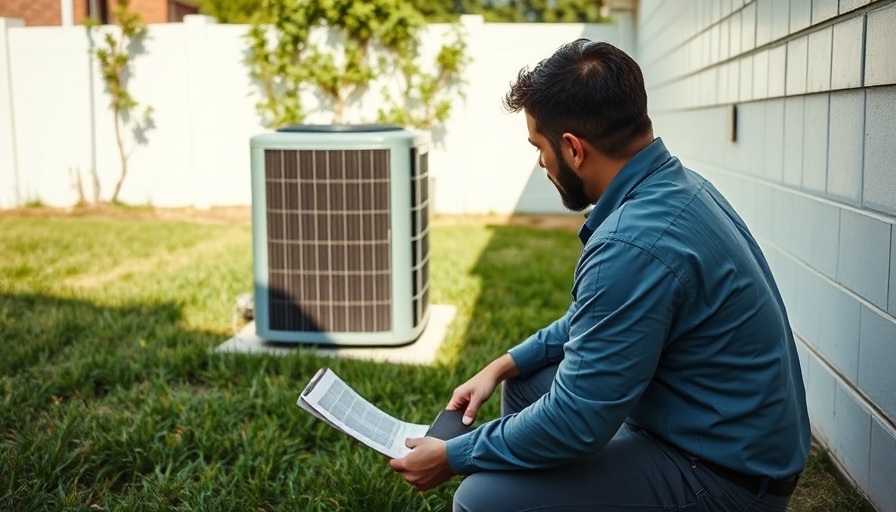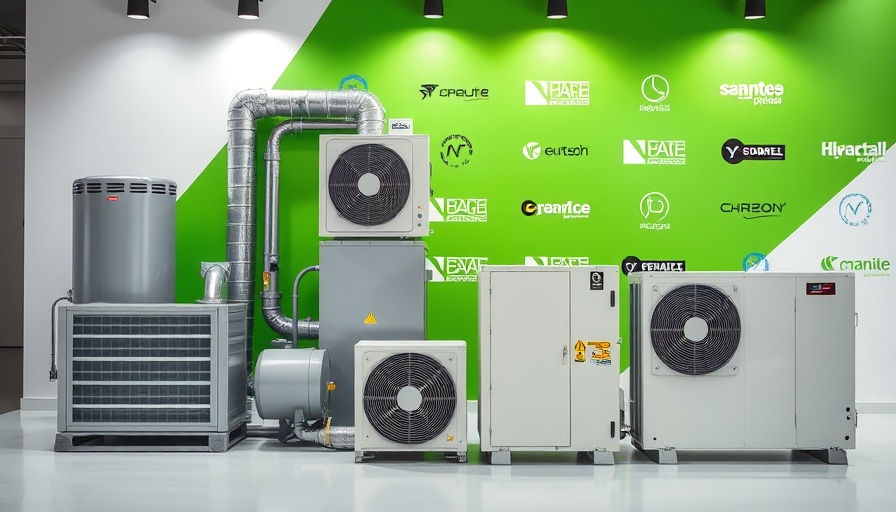
Understanding the HVACR Landscape
The HVACR (Heating, Ventilation, Air Conditioning, and Refrigeration) industry is often subjected to seasonal fluctuations and economic challenges that can lead to unpredictable slow times. These periods can be daunting for businesses, especially small to medium-sized firms trying to maintain steady revenue. To effectively weather these slow seasons, it’s essential to have a strategic approach that can help you remain resilient.
Preparing for the Slow Seasons
Preparation is key when it comes to navigating through slow periods in the HVACR industry. Consider diversifying your services. Expanding your offerings to include maintenance plans, tune-ups, or HVAC cleaning can create recurring revenue streams, ensuring that you’re not solely relying on installation jobs. Additionally, developing strong relationships with clients and ensuring elevated customer service can keep your brand top of mind when customers seek repair or replacement services.
Leveraging Marketing Opportunities
During the low periods, it’s an opportune time to focus on marketing. Many businesses curtail their advertising strategies during slow seasons, but this is exactly when you should ramp things up. Explore digital marketing avenues such as social media campaigns or email newsletters to keep engaging with your audience. Share educational content that showcases your expertise. This not only maintains visibility but also cements your reputation as a trusted provider.
Embracing Employee Development
Investing in your team during slow times can also yield significant returns. Consider offering training or certifications that provide your employees with updated skills and knowledge. Not only does this enhance their capabilities, but it also improves morale, making your workplace more engaging and productive. Well-equipped employees will be better placed to deliver high-quality service when business picks back up.
Networking and Community Engagement
Slow periods can also serve as an ideal time to bolster your community presence. Networking with local businesses and participating in community events can enhance your visibility and reputation. Furthermore, joint promotions with complementary services—like homebuilders or electricians—can generate leads that may not have qualified during busy seasons, benefiting all parties involved.
Planning for Potential Challenges
Being proactive about possible challenges will prepare your business for unforeseen circumstances. Develop contingency plans or financial strategies to help cushion any economic blows. Create emergency funds during profitable seasons to support operations during lulls. This financial foresight can make the difference between survival and success when times are tough.
In conclusion, while the HVACR industry is susceptible to slow periods, businesses can take various proactive measures to withstand them. By preparing adequately, leveraging marketing, investing in employee development, engaging with the community, and planning for challenges, your HVACR business can remain resilient and ready to take on new opportunities.
 Add Row
Add Row  Add
Add 




Write A Comment